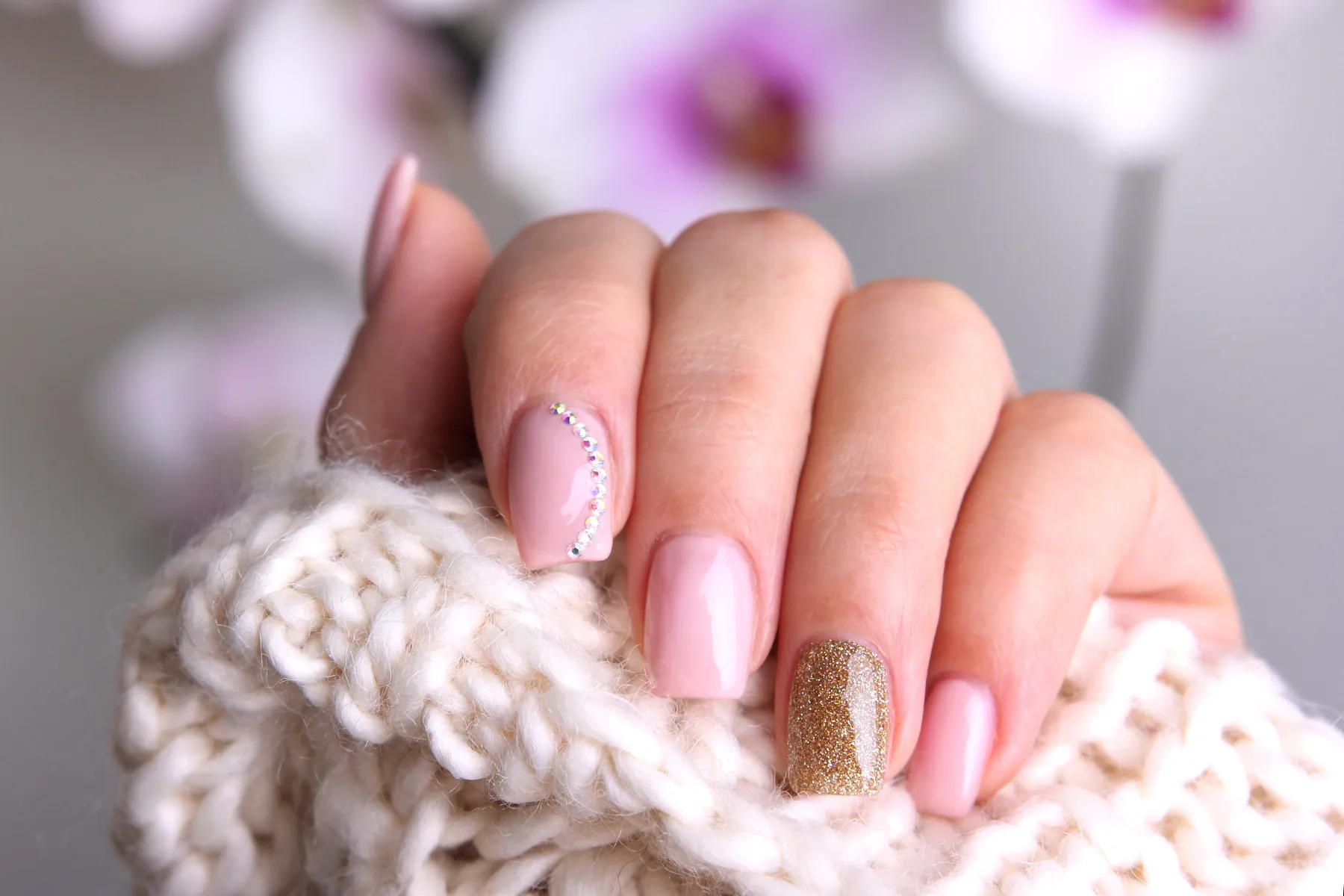Severe Allergic Reaction To Acrylic Nails

E patch testing except possibly in the second case would not have revealed allergic sensitivity since the sensitivity developed only after the use of the material for from two to four months.
Severe allergic reaction to acrylic nails. While over-the-counter creams can reduce the discomfort from an allergy to acrylic nails only removing them and avoiding future contact will prevent. None of the paronychial reactions became pustular or required incisions. More severe allergic reactions to acrylic dentures include fatigue pain food allergies headaches and sinusitis notes the International Center for Nutritional Research.
4 Acrylic acid and its. The most common allergic reaction to acrylics is separation of the nail plate from the nail bed onycholysis. If the allergic individual touches her eyelids with her nails before the acrylic hardens she max develop a rash there as well.
Methacrylate chemicals the key ingredient in acrylic nails gel nails and. Note the dry red peeling skin around the cuticle and sidewall lines. The chemicals used to attach or remove artificial nails can irritate your skin.
We report 2 cases of ACD to acrylic nails with severe onychodystrophy and psoriasiform changes including onycholysis and subungual hyperkeratosis. It may take 10 days for you to see rashes or swelling around nails. Artificial nails such as acrylic dip powder and some gel and shellac nails use additional chemicals called acrylates that are known to cause allergies in some people.
Readers may remember Teresa was on the lookout for formaldehyde free gel nail polish following an allergic reaction to the gel. GEL manicures could trigger nasty allergic reactions on your face hands and even your vagina skin doctors have warned. You may see redness pus or swelling around your fingernails.
The industry is responding very appropriately to many of the complaints that have been rightfully leveled. The most common allergy-causing agents found in nail products are formaldehyde and to a lesser extent methyl methacrylate MMA. Factors contributing to irritation include.









